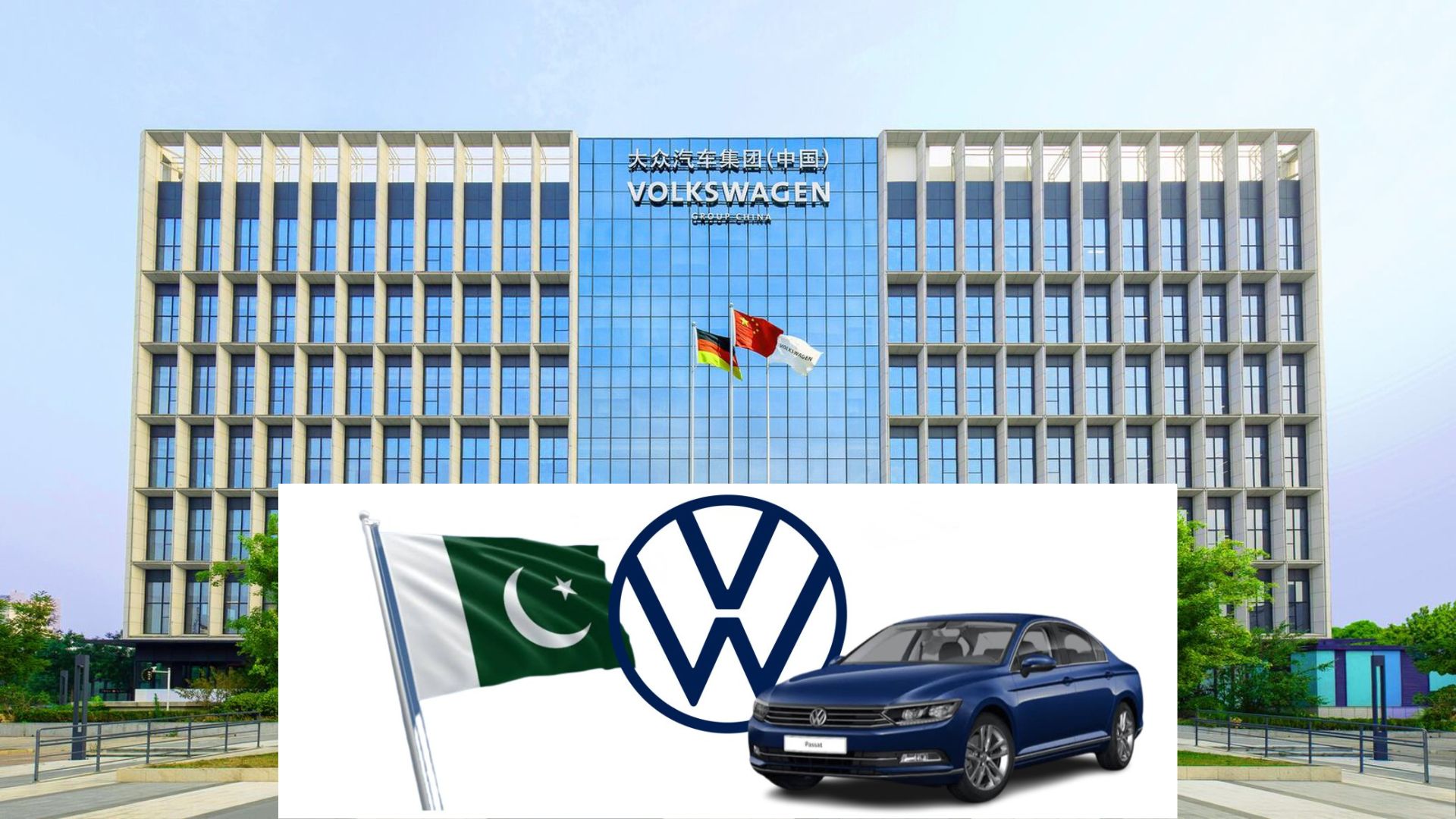Volkswagen (VW) has set a bold target of selling 4 million vehicles annually in China by 2030, reflecting the country’s robust automotive market. As VW deepens its presence in China, a critical question arises: Can Pakistan’s auto industry growth support similar expansion despite economic hurdles?
Challenges Facing Pakistan’s Auto Industry Growth

Pakistan’s auto industry growth has been struggling due to various economic challenges. Rising inflation, fluctuating exchange rates, and high interest rates have made car ownership less accessible for the average buyer. Additionally, import restrictions on essential auto parts have slowed down production, leading to supply shortages and increased vehicle costs.
Also Read: Best Subcompact Cars in Pakistan: Small, Fuel-Efficient, and Budget-Friendly
In contrast, China benefits from strong government incentives, advanced local manufacturing, and a growing middle class that fuels car sales. Pakistan, however, faces inconsistent policies and an unstable economic environment, discouraging long-term investments from international carmakers.
Volkswagen’s Interest in Pakistan Auto Industry Growth
Volkswagen previously explored entering the Pakistani market through a collaboration with Premier Motors, with plans to introduce premium vehicles and potentially establish local production. However, due to economic instability and shifting policies, the pace of progress has been slow, and large-scale expansion remains uncertain.
Also Read: Toyota Crown Estate Breaks Cover in Japan – Will It Arrive in Pakistan?
Currently, Pakistan’s automobile market is dominated by budget-friendly small cars, while higher-end models remain unaffordable for most buyers due to high taxes and limited financing options. Moreover, the country has been slow in adopting electric vehicles (EVs), whereas China has made rapid progress in EV infrastructure development, making it an attractive hub for companies like VW.
Steps Pakistan Needs to Take for Auto Industry Growth
For Pakistan’s auto industry growth to attract major international automakers like Volkswagen, several key areas need urgent attention:
- Policy Stability: A consistent regulatory framework can encourage foreign investment and create a more predictable business environment.
- Local Production Development: Enhancing the local auto parts industry can reduce costs and lessen dependence on imports.
- Easier Auto Financing: High interest rates make vehicle financing difficult for consumers. Government-backed financing options could help boost demand.
- EV Infrastructure Expansion: If Pakistan aims to attract global brands focusing on electric mobility, it must invest in charging stations and EV-friendly policies.
- Reduced Import Duties: Lowering taxes on raw materials and vehicle components can make the market more competitive and appealing to foreign manufacturers.
The Future of Pakistan’s Auto Industry Growth
While VW’s expansion in China is moving forward at full speed, Pakistan’s auto industry growth remains uncertain. Without economic reforms and investor-friendly policies, it is unlikely that major automakers will commit to large-scale operations in the country.
If Pakistan can stabilize its economy, address policy challenges, and create a more welcoming environment for automotive investment, global brands like Volkswagen may reconsider their strategy. Until then, Pakistan will struggle to keep pace with rapidly growing markets like China in the global automotive industry.
More for You!
For a deeper analysis of Pakistan’s auto industry growth, read our latest report on Pakistan’s Economic Policies. Additionally, explore how Volkswagen’s Strategy is shaping global auto markets.
For more details on the local industry, visit Pakistan Auto Industry Trends and check global insights on Volkswagen’s Global Market Plans.









